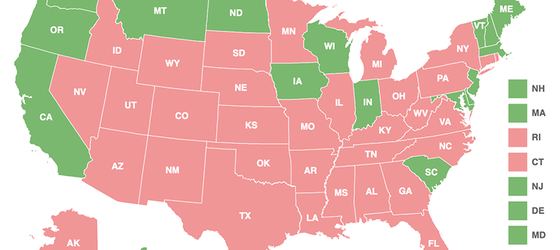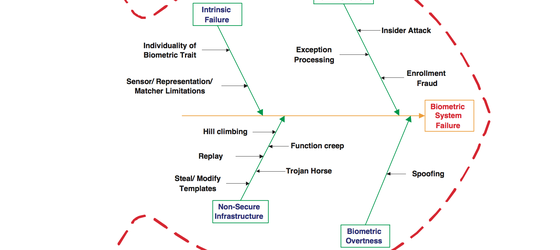The US Department of Health and Human Services (HHS) has produced a set of cybersecurity resources for healthcare provider organizations from small to large. So far, HHS has published four documents: an overview report of cybersecurity issues and practices, two technical volumes, and a toolkit. The documents focus on what an expert multistakeholder consensus group determined to be the five most prevalent cybersecurity threats and the ten core cybersecurity practices. The practices are voluntary, and utilize the NIST cybersecurity framework. The documentation is based in reality, not conjecture, and the documents are not intended to sell any particular products for any particular vendor. This has allowed for a rich and helpful documentation of current challenges along with solutions. See our overview of the four new resources.


